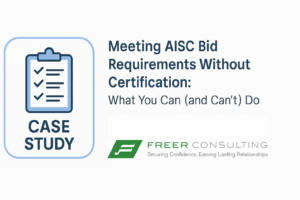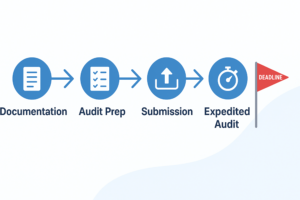Customers expect consistent delivery of high quality products and services—an ongoing challenge for every business. It is important that each employee, from management to the front line, understands their duties, and the proper way to accomplish them. For this reason, many businesses, nonprofits, and government agencies implement Standard Operating Procedures (SOPs). SOPs ensure consistent quality of products and services, employee safety, regulatory compliance, and continuous improvement of business processes.
An SOP is a process document that describes the steps of a business operation and how to perform them. For example, a firm’s customer service department might have an SOP on handling customer inquiries and/or complaints. This SOP might include the following steps:
• How to address the customer.
• How to determine what information is needed from the customer.
• How to determine what problems can be resolved during the initial customer contact and what problems require elevation to a higher level of customer support.
• Where elevated problems should be sent and how to track them.
• How to follow up with the customer if needed.
There are several advantages to SOPs:
• Employees know how to perform their tasks and do so more effectively and efficiently.
• New employees receive consistent training, so that staff changes do not compromise the quality of the firm’s product.
• The firm adheres to regulations and has some protection from liability.
• Employees can support one another on tasks that they normally do not perform.
• The firm can identify processes that need improvement.
SOPs are also an integral part of implementing industrial and international standards such as ISO 9001, ISO 14001, and API Spec Q1.
Creating an SOP requires a team effort and good attention to detail. It is especially important that employees who actually perform a task are allowed to provide input when creating an SOP. The SOP, once written, should be tested to ensure that it works as intended. If it does not, it should be revised to address any problems identified during testing. SOPs are living documents—as new knowledge or technology becomes available that is relevant to the SOP, it should be revised to incorporate these new developments.
If you would like to know more about SOPs and how Freer Consulting’s expertise can help you implement them, contact us at (206) 285-9044 or [email protected].







